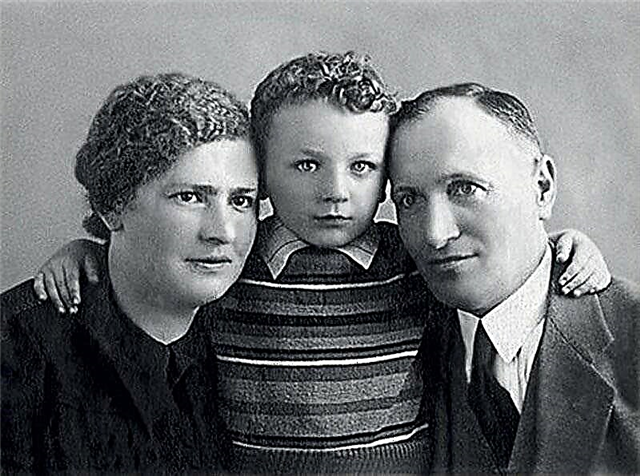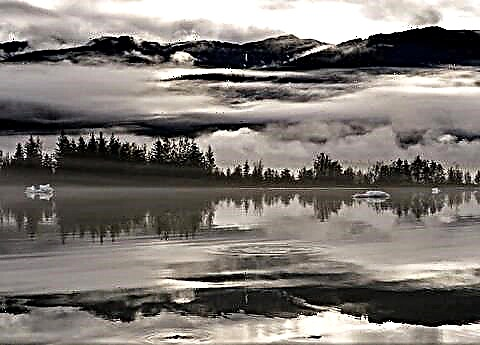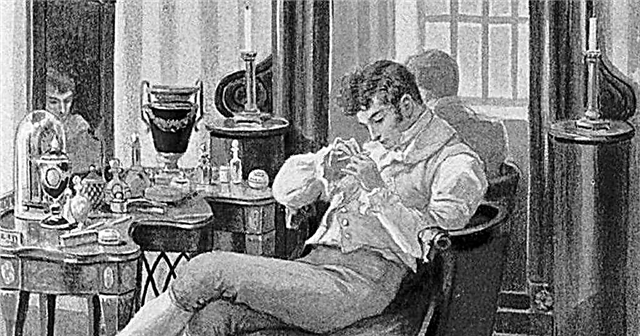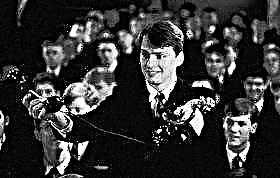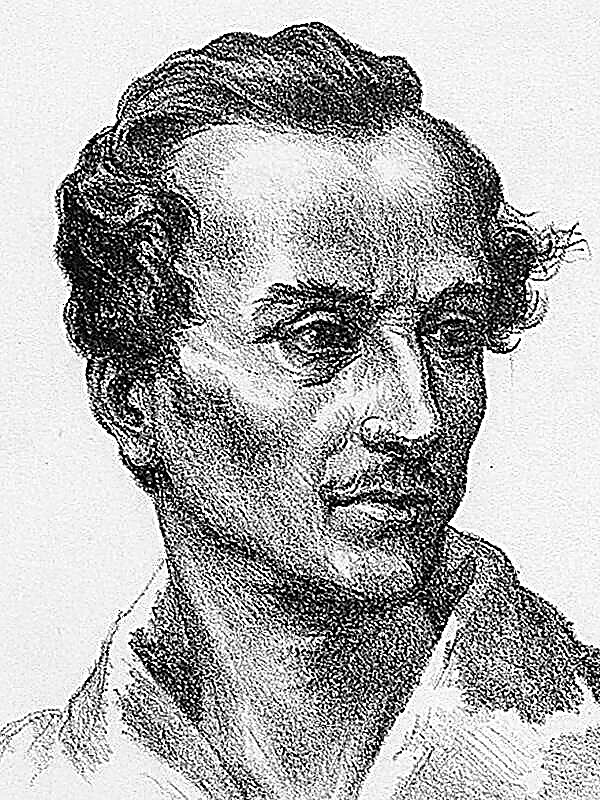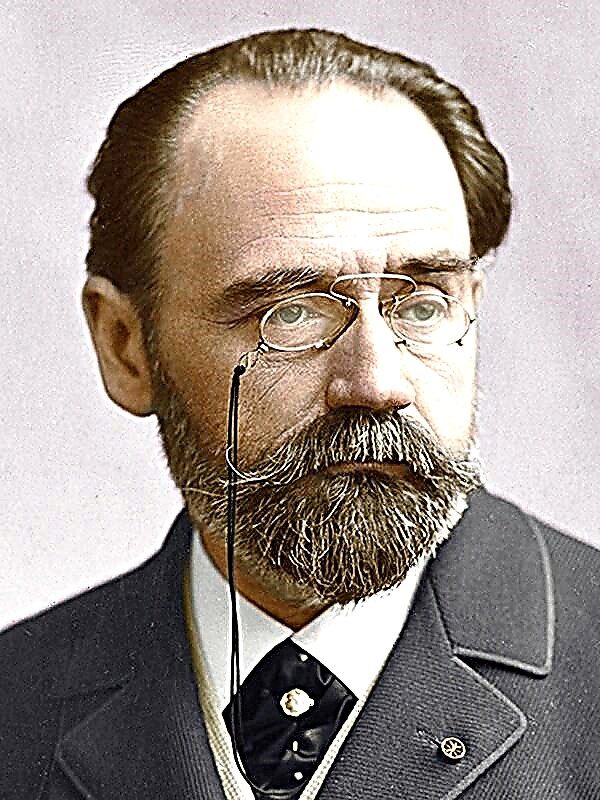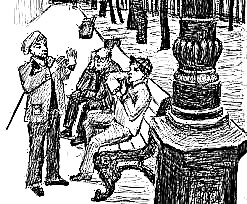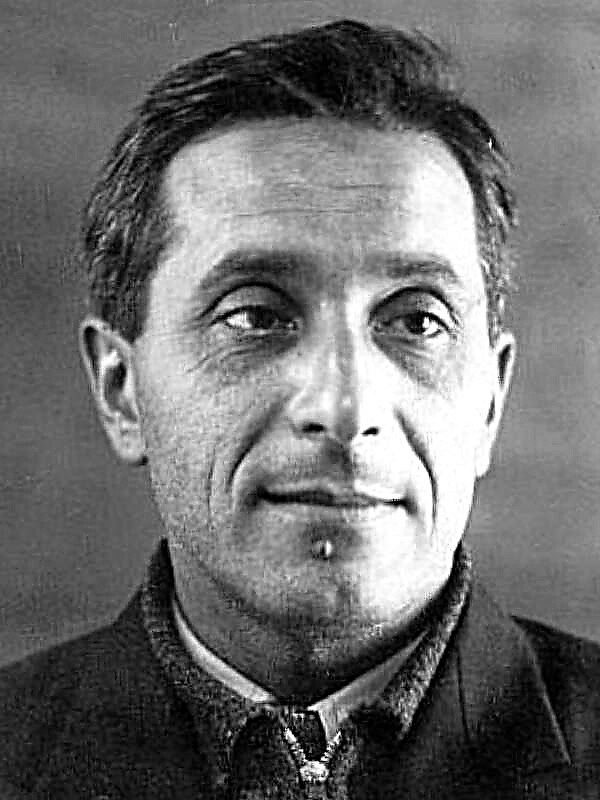This is a story about the life of two ordinary Australians - farmer Stan Parker and his wife Amy. Their life begins with the century, and it reflects in its own way the events of its history and the processes taking place in Australian reality.
A story unfolds slowly about how a young Stan Parker cleans his plot of wild thickets and begins to build a house. The picture is ordinary and at the same time symbolic - the beginning of the beginnings: a long life, the development of the virgin land, in a sense, even the human race. Stan achieves everything with his labor, and labor becomes a ritual for him and his wife, embodying the highest meaning of existence. Labor brings to the secrets of being, reveals the inexpressible charm of the earth, which feeds man, brings him closer to nature, with which the Australian farmer is closely connected, makes it possible to find a special language that is understandable to a person who has a natural life. Labor helps to know oneself and survive in the fight against the elements - fires and floods hit Parkers, but they do not give up. These are the "average" Australians - the support of the nation.
page was skipped while scanning :(
forest fire, which swept the village, the Armstrong house burned down, and a miraculously saved Madeline lost her hair in the fire. The obsession dissipated over time, and Amy again found peace of mind, surrendering to the primordial activities of the farmer's wife, mother.
The true life is in another - "... look at the sky, look for signs of weather in it, listen to the oats pouring in, pick up a wet calf who has just fallen out of a cow’s womb and is trying to prove that he can stand on his feet." The Parkers' children did not stand on their feet, but the family did not disappear, and Ray's son carries the ability to comprehend the secrets of life that his grandfather admired every leaf, every living creature. However, what was not given to the grandfather was more than given to the grandson - the ability to express enthusiasm in word for the greatness of life, nature. Stan knew how to observe and admire, but he did not have enough words. What he couldn’t say about, his grandson writes in the poem: “There will be the smell of bread, and the vague wisdom of youth ... and the girls with reddish pigtails that whisper about love ... and rosy apples, and a little "a white cloud, which, as soon as the wind blows it, will grow into a huge horse and heavily flooded across the sky." Stan’s grandson, Ray, symbolizes a new step in the spiritual development of the nation, overcoming the provincial backwardness, inertia, passivity of the mind, limited only by material needs. The values that Patrick White sings are contrasted with the official Australian myth that professes a cult of strength, physical beauty, material wealth, and, in general, a primitive, unreasoning consciousness. In this myth there is no place for creative consciousness, the artist’s personality - that’s why the fate of geniuses in White’s novels is so tragic, that’s why artist Gage in the “Tree of Man” commits suicide, encountering stupid indifference and misunderstanding during his life. However, it is this gift of the creator, combined with such wonderful qualities of the Australian character, such as diligence, the spirit of discovery, love of land and nature, serve as a guarantee for the author that the human tree will not perish in the Great Australian Desert.



